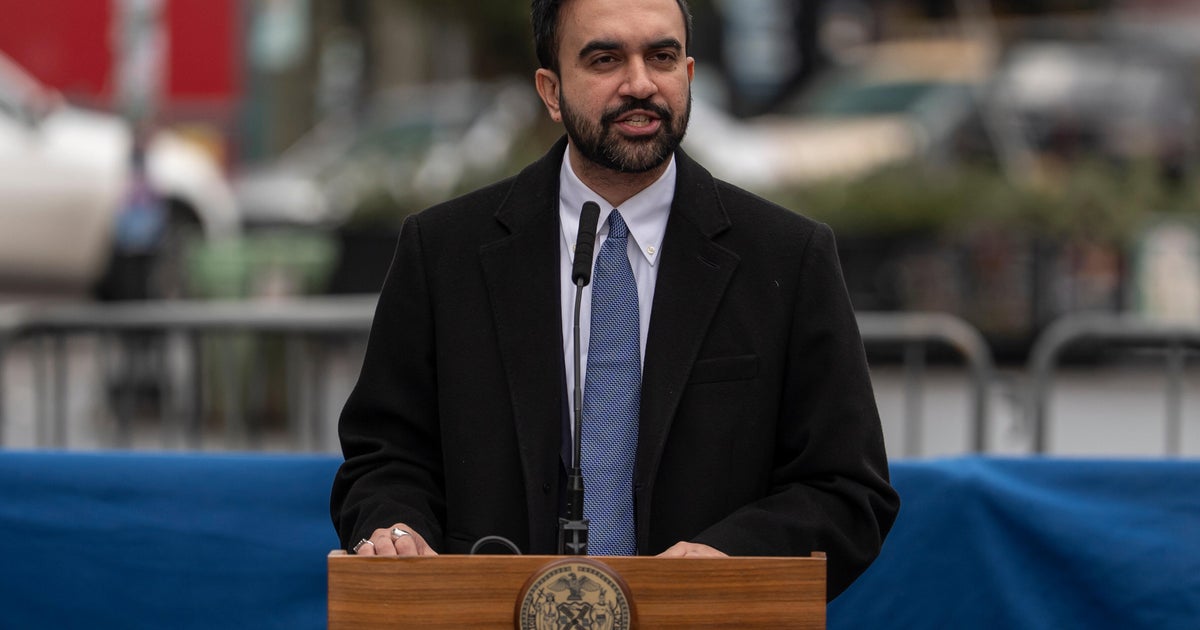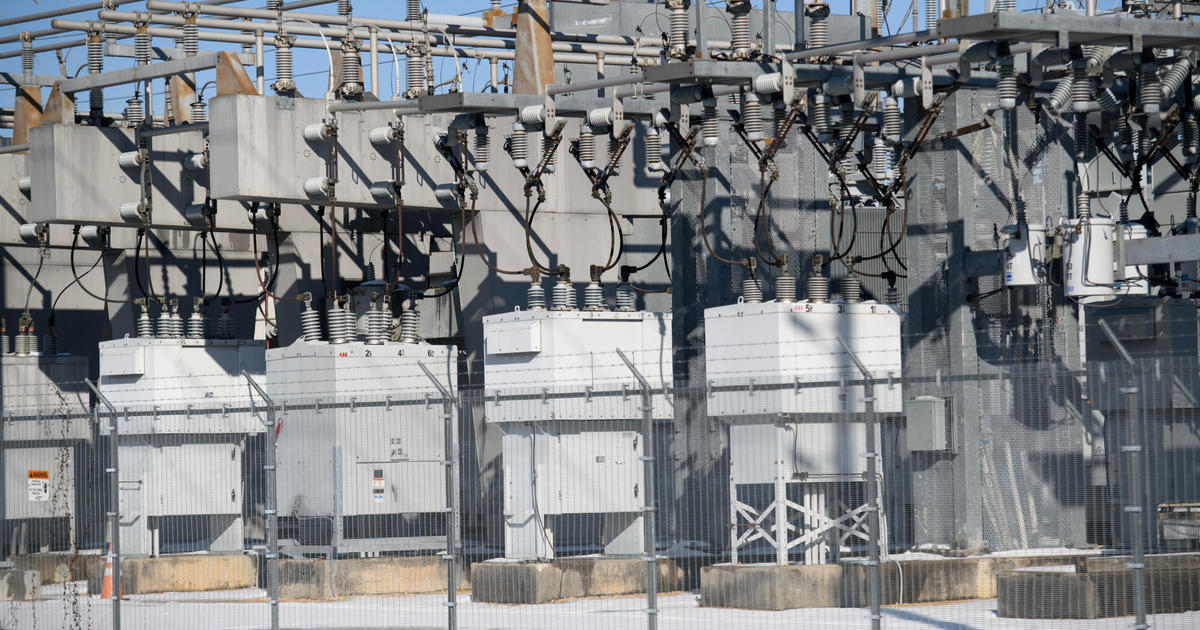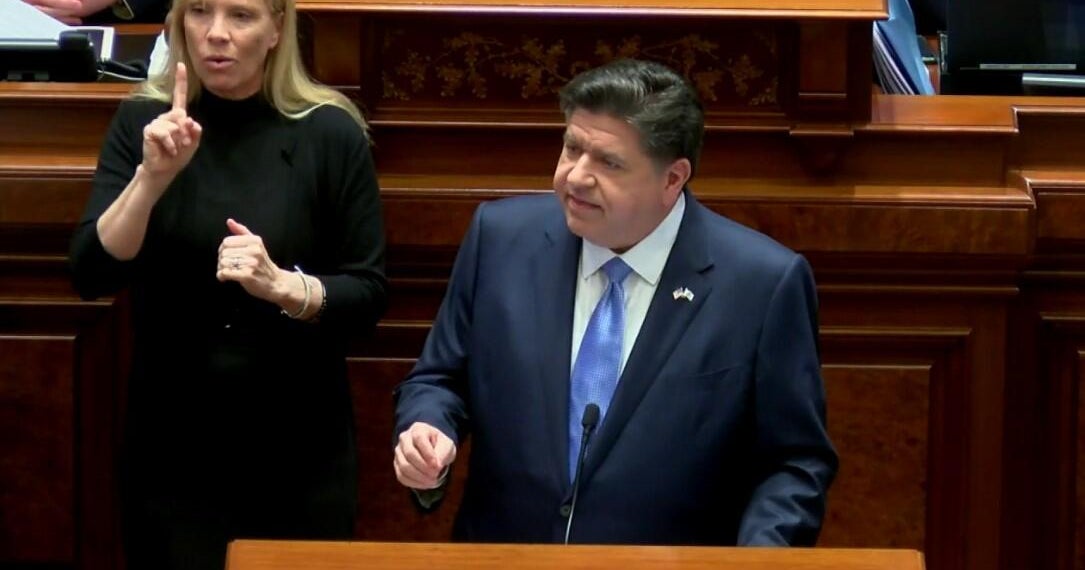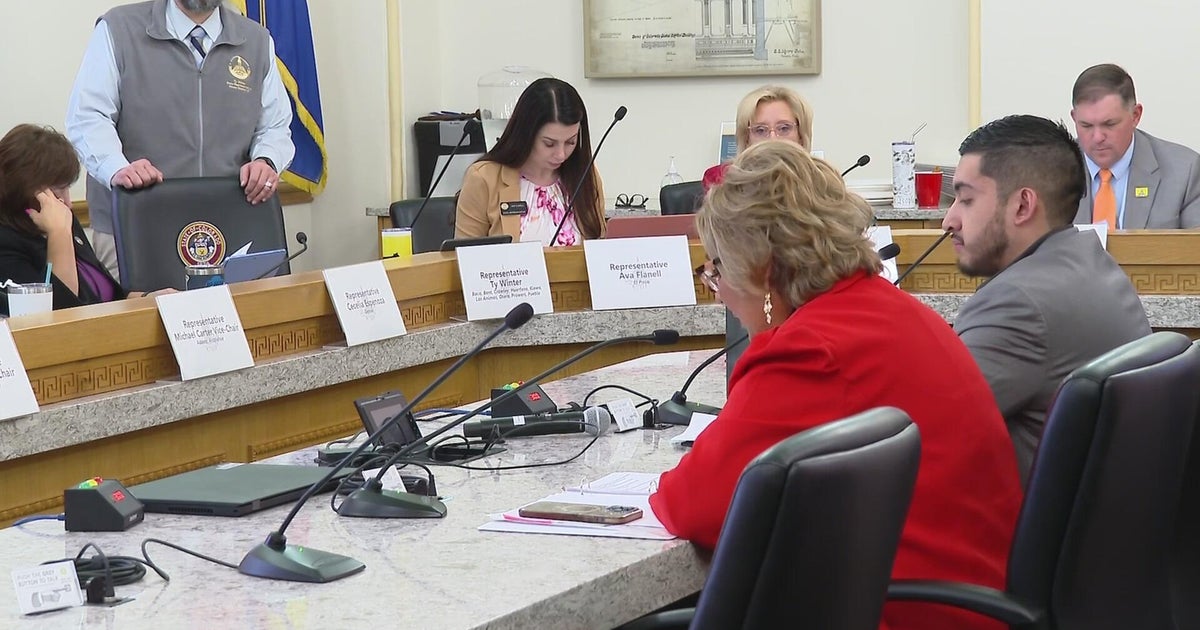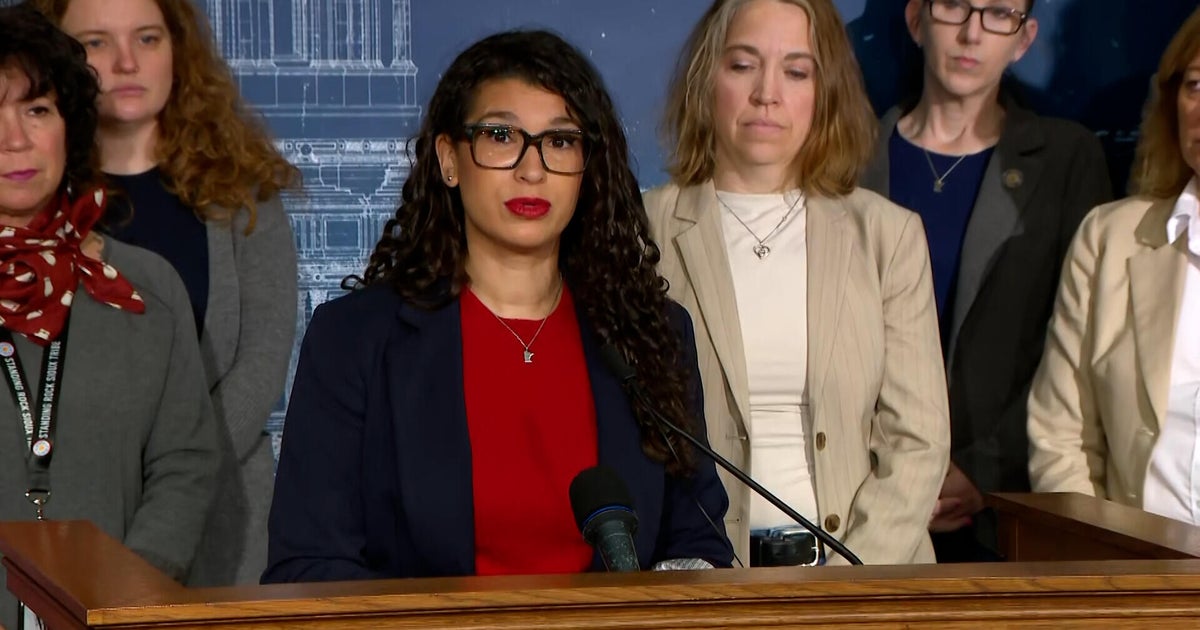Rebounding Revenue Poses Strange Problem For Budget
SACRAMENTO, Calif. (AP) -- California is beginning to see a welcome resurgence in tax revenue, but what should be good news is turning into a political liability for Gov. Jerry Brown.
The Democratic governor has been trying to persuade a handful of Republican lawmakers to support a five-year renewal of tax increases that otherwise will expire by June 30, saying the extensions are crucial to help address California's remaining $15.4 billion budget deficit.
But he'll have trouble selling that plan if tax revenue remains on its current trajectory.
Although the unemployment rate still hovers around 12 percent and the housing market remains soft, the state's three main sources of revenue -- the sales, personal income and corporate taxes -- have been trending higher than anticipated, largely as business improves and Wall Street makes gains.
According to the nonpartisan Legislative Analyst's Office, the state received $2.5 billion more than projected since the fiscal year started last July 1. Personal income tax withholdings are running about 12 percent above the prior fiscal year, suggesting that those who are working are making more money.
"It's a real paradox, because usually good budget news is good political news," said Jack Pitney, an expert on California politics at Claremont McKenna College in Southern California. "But it may undercut (Brown's) case for the tax extension."
Republicans have seized on news of the cash influx to argue that extensions of the vehicle, sales and personal income taxes approved two years ago are unnecessary. Assembly Minority Leader Connie Conway, R-Tulare, sent Brown a letter Tuesday urging him to use the $2.5 billion in unanticipated revenue to help fund public education. She also wants him to avoid suspending a state law requiring that schools receive a minimum amount of funding each year.
The governor's finance director, Ana Matosantos, is cautioning that even though the state has more money in its coffers, it doesn't come close to covering the state's budget shortfall, or the difference between tax revenue and spending commitments.
California's deficit represents about 18 percent of its $84.6 billion general fund, most of which goes to public schools, colleges and health and human service programs. Lawmakers also have to consider possible cost increases involving education, health care and prisons, Matosantos said.
California has dealt with deep deficits since the recession began in 2007.
Inside and outside the state Capitol last week, teachers, parents and students rallied to protect education from further cuts. Thousands participated in a statewide, weeklong series of "State of Emergency" protests to draw attention to the effects of education spending cuts.
Led by the 325,000-member California Teachers Association, the largest teachers union in the state, activists called on lawmakers to extend the sales, income and vehicle taxes before they expire. Brown wants the extensions to go before voters in a special election, but the teachers want a legislative vote soon to avoid imperiling about 20,000 public school jobs in the coming school year.
There are cautious signs of an improved economy, which would make the state's problems more manageable if it continues. The California New Car Dealers Association reported that new vehicle registrations increased 19.7 percent in the first three months of the year compared to 2010.
And the state's all-important agricultural industry is seeing a turnaround after three years of reduced water supplies. The U.S. Department of Agriculture projects that the number of acres in California planted with cotton this year will jump 26 percent to 385,000 compared with 2010 while wheat acreage will rise 18 percent to 915,000.
The fertile Central Valley is being helped by strong exports from the weak dollar, good weather and increased consumer demand. Farmers notice melons and tomatoes growing again on land formerly fallowed by drought and environmental restrictions.
"The land was just sitting there collecting tumble weeds," said Paul Wenger, president of the California Farm Bureau Federation and a third-generation Modesto farmer. "It's good to see them back because it's putting people to work and generating economic activity, which the state needs."
But California still has a long way to go toward balancing its books, said Brad Williams, a former chief economist at the Legislative Analyst's Office who is now with Capitol Matrix Consulting. The recovery, he cautioned, appears to be not as strong as in the late 1990s during the dot-com boom or during the more recent housing bubble.
"The budget is still under enormous pressure," Williams said. "If you don't get tax extensions, you are still looking at deep cuts in state programs and education."
Citing a report from the Legislative Analyst's Office, Democrats have warned that an all-cuts budget would force schools to cut billions more, shortening the school year and swelling class sizes.
Assembly Republicans believe there is a way to balance the remaining gap without taxes or cuts to education. The caucus has issued a proposal to cut state workers' wages by another 10 percent, raid special funds intended for mental health and early childhood development programs, and make further social service cuts to the poor, disabled and elderly.
Brown and Democratic lawmakers already have reduced the original $26.6 billion deficit through spending cuts and transfers between government funds. Lawmakers have yet to tackle the governor's plan to eliminate some 400 community redevelopment agencies across the state and end a popular business tax credit in distressed areas.
The administration has estimated the two changes would save the state about $2.7 billion through June 2012. Brown also wants to amend a corporate tax break known as single-sales factor to save the state another $1.5 billion.
The governor's revised budget plan will renew talks that had stalled earlier this year with Republican senators who sought pension reforms for state employees, a state spending cap and regulatory changes to ease the burden on businesses. The governor could opt to release two budgets -- one that includes the tax increases and another that shows what would happen if the entire deficit is closed through spending cuts.
Whether Brown can corral a politically polarized Legislature remains to be seen. Lawmakers have one month to meet their constitutional deadline to pass a budget.
"There's only so much one individual leader can do," Pitney said. "The dull bureaucrat Gray Davis couldn't do it. The `Terminator' Arnold Schwarzenegger couldn't do it. We'll see if the elder statesman Jerry Brown can do it."
(Copyright 2011 by The Associated Press. All Rights Reserved
